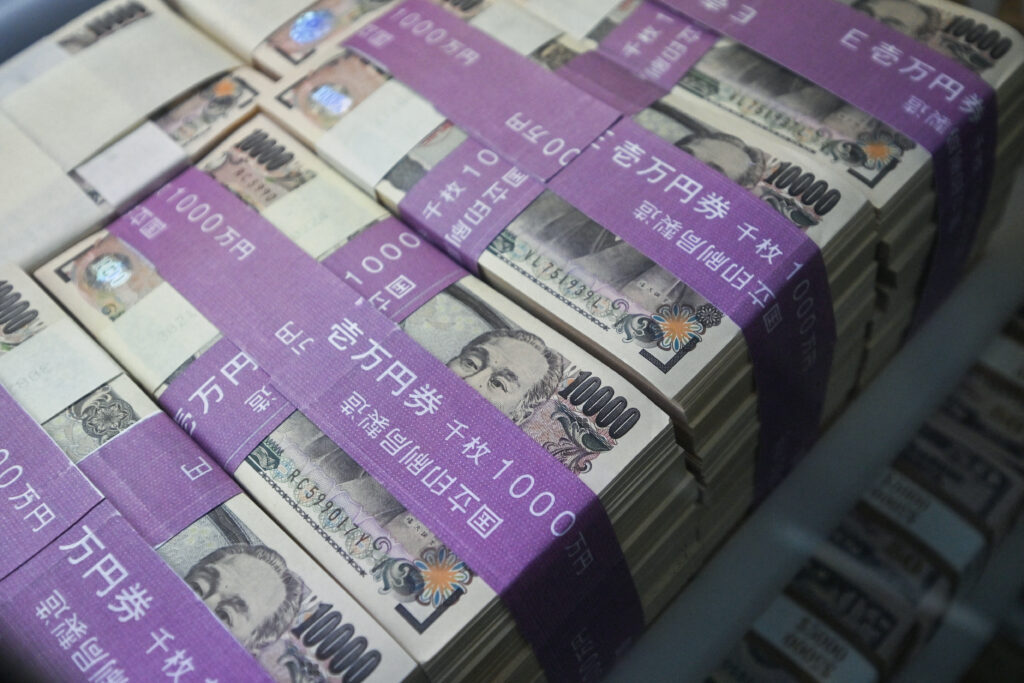
- ARAB NEWS
- 12 Jul 2025

DUBAI: In the rugged terrain of eastern Nepal, nestled between the majestic peaks of the Himalayas and the tea estates of India’s Darjeeling district, a remarkable story of economic transformation unfolds.
Facing hardships caused by wildlife ravaging traditional crops, Pasang Sherpa, a local farmer, turned to cultivating argeli, a shrub native to the region. This plant would become a key player in an extraordinary trade relationship.
Enter Kanpou Incorporated, a Japanese paper manufacturer facing a shortage of mitsumata, the traditional material used for printing yen notes. Recognizing the potential in Nepal’s argeli, Kanpou initiated a collaboration with local farmers, including Sherpa, to harness this resource for paper production.
According to a report from the New York Times, Sherpa explained: “I hadn’t thought these raw materials would be exported to Japan or that I would make money from this plant. I’m now quite happy. This success came from nowhere, it grew up from my courtyard.”
This year, Sherpa hired 60 local Nepalis to help him process his harvest and expects to earn eight million Nepali rupees, or $60,000, in profit.
He told the New York Times that he hopes to produce 20 of the 140 tons that Nepal will be shipping to Japan.
This amount is a majority of the mitsumata needed to print yen, enough to fill about seven cargo containers to Osaka.
Through years of innovation and collaboration, Nepali farmers mastered the art of harvesting argeli bark to meet Japan’s stringent quality standards. This partnership not only boosted local economies but also provided a sustainable solution to Japan’s paper shortage.
Today, Nepali farmers like Sherpa are reaping the benefits of this partnership, with increased profits and reduced reliance on traditional crops. This success story not only highlights the resilience of rural communities but also underscores the power of international collaboration in addressing economic challenges.
As Japan prepares to unveil its new banknotes in July, the role of Nepali farmers in supplying the material is essential.
Tadashi Matsubara, the current president of Kanpou, said: “I would love for people to know how important Nepalis and their mitsumata is to the Japanese economy. Honestly, the new bank notes would not have been possible without them.”